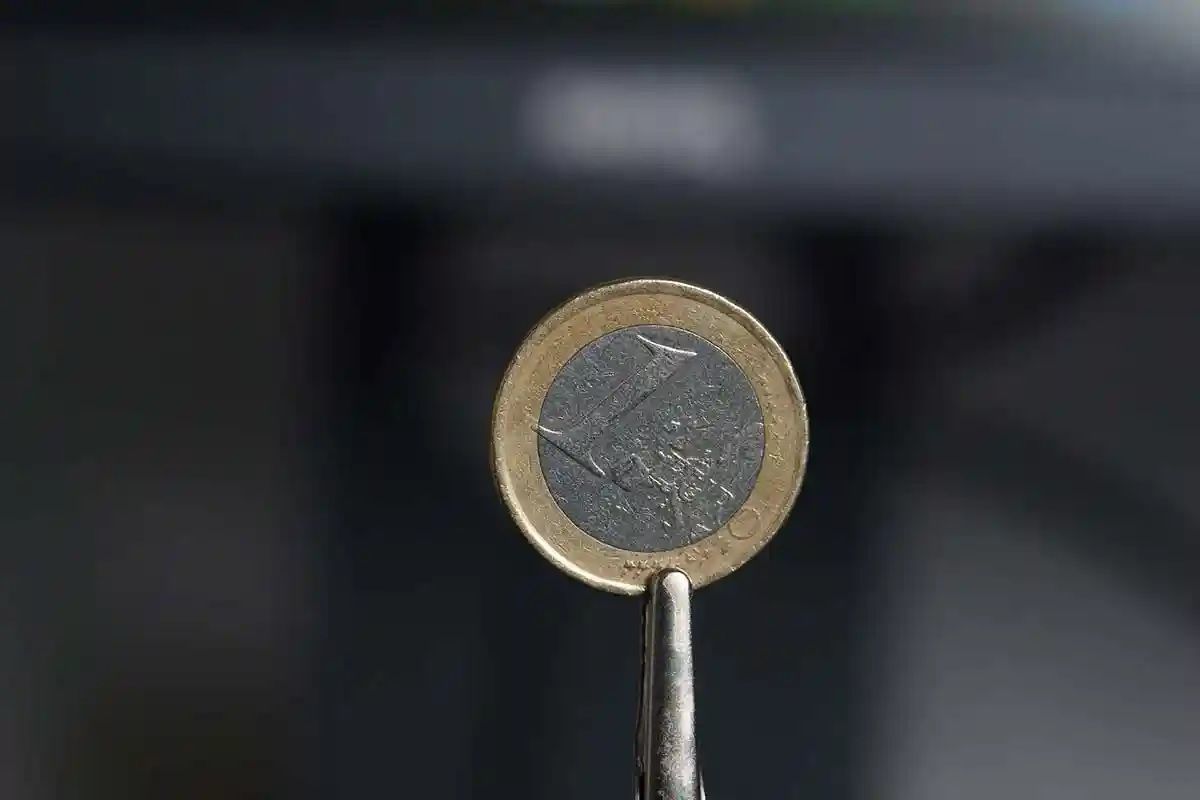The digital euro is on the horizon. If you want to pay for something in Germany or the EU, you currently have many options: cash, bank transfers, direct payments, EC cards, credit cards, or PayPal, to name just a few. However, in the future, a new euro currency may replace all these options—the digital euro.
Digital Euro on the Horizon
Everything is evolving, including money. People who used to pay with checks now use debit cards. Investors no longer rely solely on stocks but also on cryptocurrencies.
Therefore, the European Central Bank (ECB) is convinced: "In a society that is becoming increasingly digital, the digital euro would be another step forward for our common currency." However, banks and critics are not entirely sure about the currency revolution.
Digital Euro: How the New Currency Should Work
Digital money may sound mysterious. But, as explained by the ECB, it is nothing more than an "electronic payment method available to everyone for free." Digital euros are stored in a wallet, which is also digital.
So, instead of going to an ATM and withdrawing 100 euros in cash, with the digital euro, you withdraw money from your account, which then exists in your wallet in digital form.
Digital Euro: Should the New Currency Replace Cash?
Some may wonder why a digital euro is needed when you can make cashless payments with a credit card or PayPal. In particular, the PayPal payment service is regularly the target of dangerous phishing emails. The digital euro aims to create a "secure and universally accepted" currency. However, the ECB explains that it should not replace cash but to act as a supplementary option.
Digital Euro: How It Differs from Bitcoin and Others
When it comes to digital money, many probably think of cryptocurrencies like Bitcoin or Ethereum. However, the digital euro differs significantly from state-independent payment methods.
Even though the digital euro is expected to function similarly to cryptocurrency, there is one fundamental difference: unlike cryptocurrencies like Bitcoin, it is controlled by the ECB and is as secure as real cash. Therefore, the digital euro will always be worth one euro.
Criticism of the Digital Euro: Banks and Consumers Are Skeptical
One argument in favor of the digital euro from the ECB is that cash is used less and less, thanks to alternative payment methods such as debit and credit cards, PayPal, or direct deposits. However, if cash is used less and less, is there a need for it in digital form?
In the end, the current payment system works quite successfully. Critics argue that the ECB is interfering with the business of private banks with the digital euro. Many consumers are also skeptical and fear that the new currency will lead to digital surveillance.
Digital Euro: Brilliant Revolution or Unnecessary Money
Peter Bofinger, a professor of economics at the University of Würzburg, sees the ECB's plans as "interference in the organization of our currency and financial system," according to tagesschau.de.
They will compete with private banks and "enter a market that already has stiff competition," warns Tobias Tenner, head of the digital technologies department at the German Banking Association.
The ECB plans not only the digital euro but also an entirely new payment operations system. According to its statement, it wants to "develop a platform and infrastructure for the digital euro."
Digital Euro: When to Expect the Arrival of the New Currency
Currently, the digital euro is in the planning stage. A legal framework needs to be established, tests and trials conducted to ensure the convenience of using the new currency.
This preparatory stage began on November 1 and is initially planned for two years. Then a decision will be made on moving to the next stage. "However, if the digital euro is indeed implemented, it is likely that it can be used for payments in four to five years," according to the news platform derwesten.de.
Related topics:
Despite the growing popularity of digital payment methods like cryptocurrencies and services like PayPal, concerns about security and phishing threats persist. The digital euro aims to address these issues by providing a "secure and universally accepted" electronic payment solution.
In contrast to cryptocurrencies like Bitcoin, which are decentralized and independent, the digital euro will be controlled by the European Central Bank (ECB), ensuring its stability and value.








